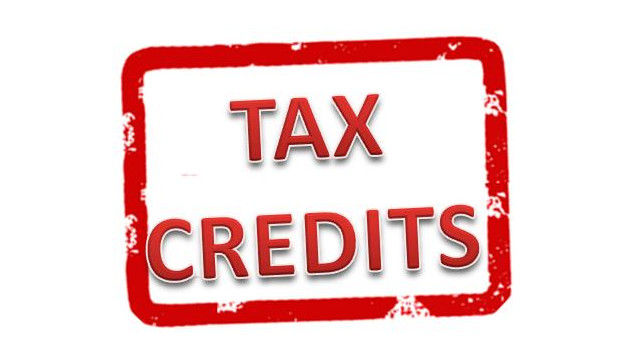Suppose you can claim a tax deduction or a credit on your personal federal income tax return. Which would you rather have? “It makes no difference,” you might say. “Either one is beneficial.”
But you would be wrong. Absent unusual circumstances, a credit on your return is more valuable than a deduction, by far. It’s a no-brainer. Nevertheless, there are certain times when a deduction would be preferable. Let’s take a closer look.
Basic premise: For starters, a tax credit provides a dollar-for dollar reduction of your tax liability. For instance, if you claim a $10,000 tax credit for adoption expenses, you cut $10,000 right off the top of your tax bill. You can’t beat that!
In comparison, the value of a deduction depends on your marginal tax bracket. Let’s say that you’re in the 24% bracket for 2023. If you qualify for the maximum $10,000 deduction for state and local tax (SALT) payments this year, the tax savings is only $2,400—or $7,600 less than the amount of an equivalent tax credit.
Key point: Some tax credits are refundable. In other words, you get the full amount of the credit even if it results in a refund. But other credits are nonrefundable and therefore not as valuable.
In other cases, a credit is only partially refundable. For instance, the American Opportunity Tax Credit (AOTC) is 40% refundable. Conversely, the other tax credit for higher education expenses—the Lifetime Learning Credit (LLC)—is 100% nonrefundable.
Depending on your situation, a deduction may be more worth more to you right now than a nonrefundable or partially refundable credit. But unused credit amounts may be carried over to future years, so it’s not a complete loss.
Another key point: Most deductions are available only if you itemize on your return. So you may get zero benefit from, say, your charitable donations, if you don’t itemize. But you can claim a credit whether you itemize or not.
The list of available credits and deductions for individuals is extensive and we don’t have room to cover them all here. Keeping that in mind, here are a few tips for maximizing the tax breaks.
- Know what counts. Before you spend your hard-earned money, be aware of the potential tax repercussions and if the expenses qualifies for a deduction or credit.
- Peruse your records. When you file your return, make sure that you claim all the deductions and credits—both of them—you’re entitled to receive.
- Keep your eyes on the prize. Special tax law rules may limit, phase out or even prohibit deductions or credits. Stay within the tax law boundaries whenever you can.
- Remember the rules about itemizing. If you expect to be claiming the standard deduction, the rules for a particular deduction may be moot—but not for any credits.
Final words: If you have any questions, contact your professional tax advisors. They can steer you in the right direction.
Thanks for reading CPA Practice Advisor!
Subscribe Already registered? Log In
Need more information? Read the FAQs
Tags: Income Taxes, IRS





